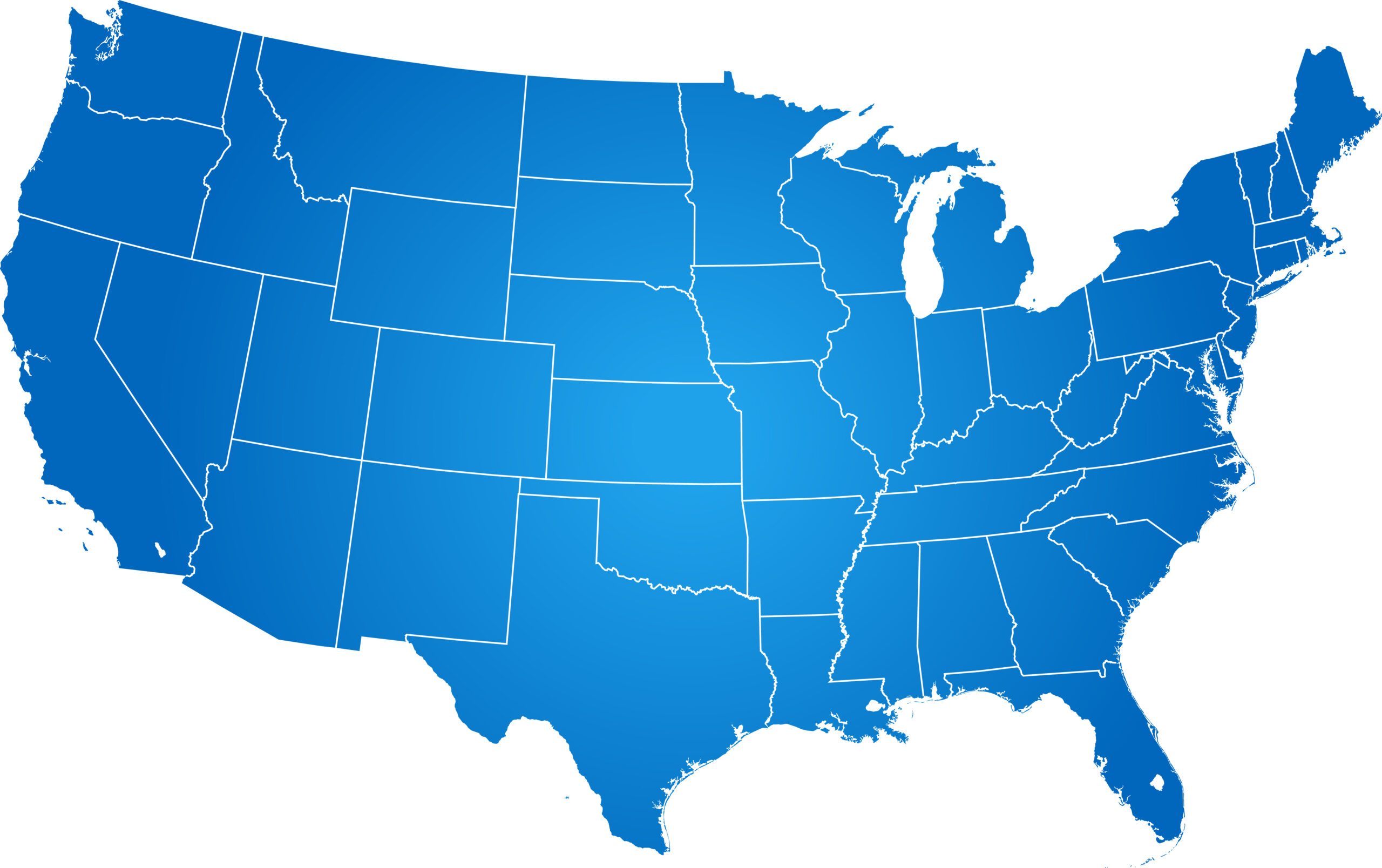New York Airbnb Host Fined Under Law Intended for Different Purpose
You may have seen some recent headlines proclaiming ‘Airbnb Is Illegal In New York’ (see, e.g., 1, 2, 3, 4), but these overstate what has happened. On May 13, Nigel Warren, a user of Airbnb, a startup that facilitates apartment sharing, was found to violate a New York regulation (§ 27-2004(a)(8)(a)(1)(A) of the Administrative Code of the City of New York) by an administrative law judge. This is just one notice of violation with a $2,400 fine for one Airbnb user, although more enforcement is possible. According to the New York Times, “the city still seems only to be conducting inspections at apartments where neighbors have complained about the comings and goings of all the random strangers. Similarly, Fast Company says “the city only enforces the rule when a complaint is filed,” and so Airbnb users may be able to continue renting rooms in their home, which often generates five figures of supplementary income, and hope they’re not targeted.
Thus, while headlines blaring “Airbnb Illegal” may overstate the case, its NYC users do face new uncertainties. CNET explains the background:
The New York case is centered around a 2011 law that makes it illegal for New York residents to rent out a property for less than 29 days. It was originally aimed at landlords who bought up residential properties and turned them into hotels.
That is very different than what Airbnb users do, which is to occasionally rent out unused rooms in their primary residence. Airbnb’s statement to CNET explains that the New York law was written to curtail another practice, and requests that the law be ‘fixed’:
This decision runs contrary to the stated intention and the plain text of New York law, so obviously we are disappointed. But more importantly, this decision makes it even more critical that New York law be clarified to make sure regular New Yorkers can occasionally rent out their own homes. There is universal agreement that occasional hosts like Nigel Warren were not the target of the 2010 law, but that agreement provides little comfort to the handful of people, like Nigel, who find themselves targeted by overzealous enforcement officials. It is time to fix this law and protect hosts who occasionally rent out their own homes. Eighty-seven percent of Airbnb hosts in New York list just a home they live in — they are average New Yorkers trying to make ends meet, not illegal hotels that should be subject to the 2010 law.
Airbnb has hired New York lobbyists who are trying to have the law changed by June 21, the end of the New York legislative session.
The large majority of Airbnb listings are outside of where most New York hotels are, which suggests they don’t directly compete with that market, but rather create an entirely new market, also driving revenue to more local businesses. According to CRAIN’S,
with about 87% of listings outside the swath of Manhattan between 14th and 59th streets, where most hotels are bunched, Airbnb directs dollars to neighborhoods that don’t usually see the spending spoils of the $55 billion-a-year tourism industry.
This type of economic impact should be encouraged, rather than be discouraged by laws written for a different purpose.








